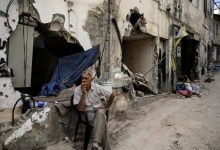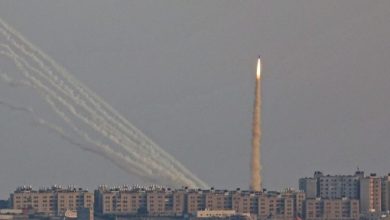Palestinian Government to Launch Temporary Shelters for Displaced Families
Palestinian government begins pilot shelter project in Jenin and Tulkarm, prioritizing families whose homes were destroyed.
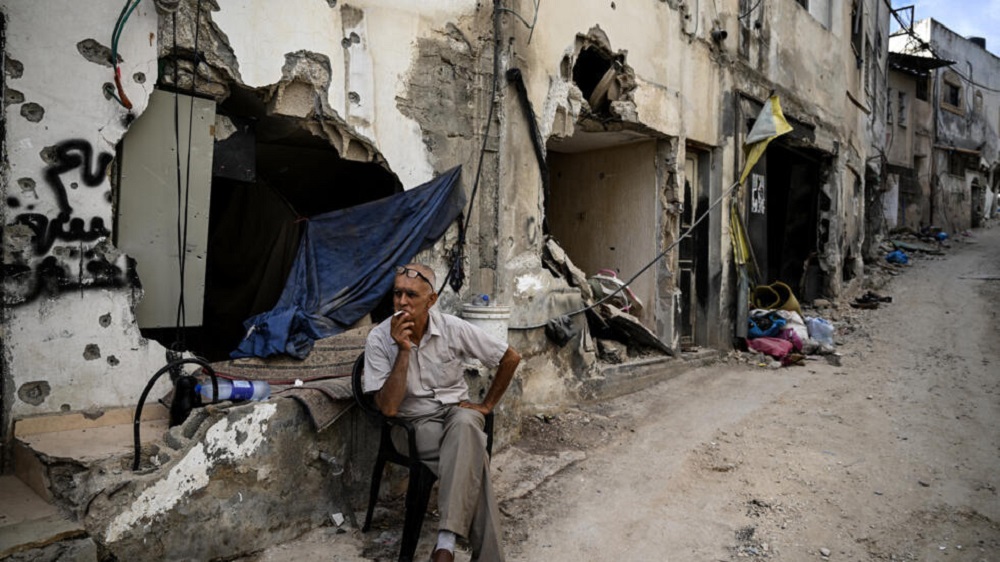
Watan-Palestinian Minister of Public Works, Ahed Bseiso, announced that the Palestinian government will begin a project to establish temporary shelters for displaced persons—referred to as “temporary camps”—in Jenin and Tulkarm at the beginning of next week, in a trial phase subject to evaluation.
Bseiso said that the government is expected to inaugurate two selected sites in the cities of Tulkarm and Jenin, out of four potential locations identified in those cities for this purpose.
The minister inspected the proposed shelter locations on Wednesday. These centers will be established by the Ministry based on a mandate from the Palestinian Cabinet.
He explained that in coordination with all relevant parties, the Ministry will work on creating four temporary shelters in the two governorates as a trial stage, starting with two.
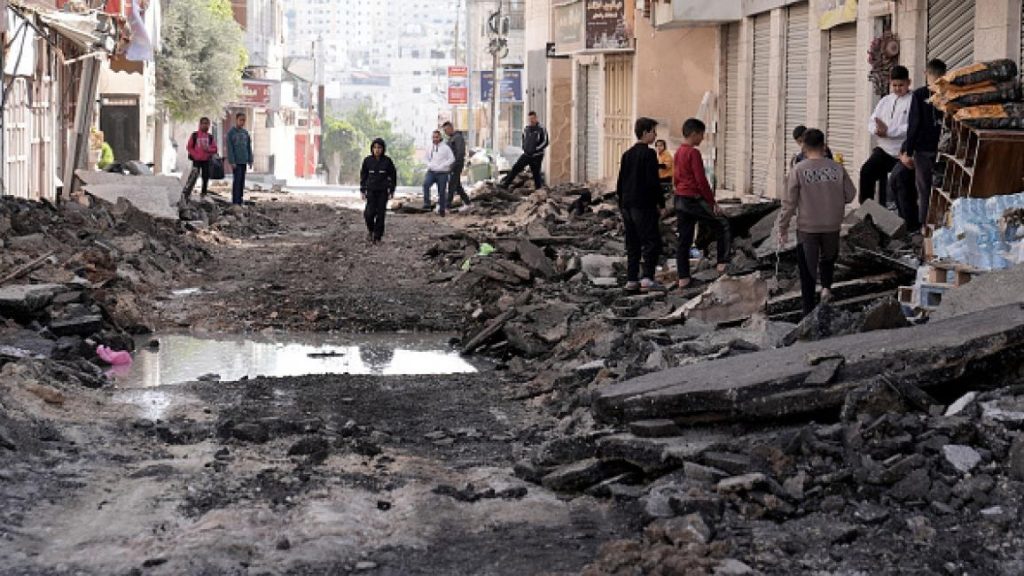
Temporary Shelters, Not Camps
The minister emphasized that these centers are temporary and not replacements for refugee camps. “We are not establishing new camps,” he said. “Our aim is to provide dignified housing for the displaced.”
He stated that the new facilities, labeled “temporary shelter centers,” will meet standards that ensure a dignified living space—complete with a government center, a health clinic, and basic services such as water, electricity, and sanitation.
Bseiso stressed the importance of keeping the centers temporary and reaffirmed that no new camps will be created, in line with the national stance that existing camps remain a testament to the 1948 Nakba and a symbol of the right of return.
In response to objections from local residents and popular committees, the minister said that the project came after consultation with both official and public entities: “This is the result of continued engagement with all parties to determine the best means of ensuring dignified living conditions.”
He added: “We did not reach this decision without thorough communication. It’s natural for there to be disagreement, but we are trying to accommodate everyone and provide a humane solution, avoiding the mistakes made in previous temporary shelter initiatives.”
Mobile Units for Displaced Families
Each mobile housing unit is designed for a family of approximately five people, and one dunam of land can accommodate about 10 units. The first location to be operational next week is on public land in Wadi Burqin, where 32 units will be built. In Tulkarm, the chosen site is in Ikhtaba suburb, where a center will include around 50 housing units.
These mobile units are strictly for families whose homes have been demolished. “They are the most in need,” Bseiso noted, “until their homes can be rebuilt once the occupation forces withdraw.”
As for assessing damages, the minister acknowledged the difficulty of accurate estimates due to the continued occupation of three refugee camps in the northern West Bank. He said damage assessments will be properly conducted once the occupation ends.
He confirmed that the main harm caused by Israeli forces is the systematic targeting of roads and key infrastructure, which host essential services such as electricity, water, and sewage. “These roads are the lifeline of any residential area, and damage to them means losses in the millions of dollars.”
Bseiso concluded by emphasizing that the new shelter project is in a pilot phase and will be followed by evaluation to identify strengths and weaknesses in order to ensure dignified housing for nearly 50,000 displaced persons.
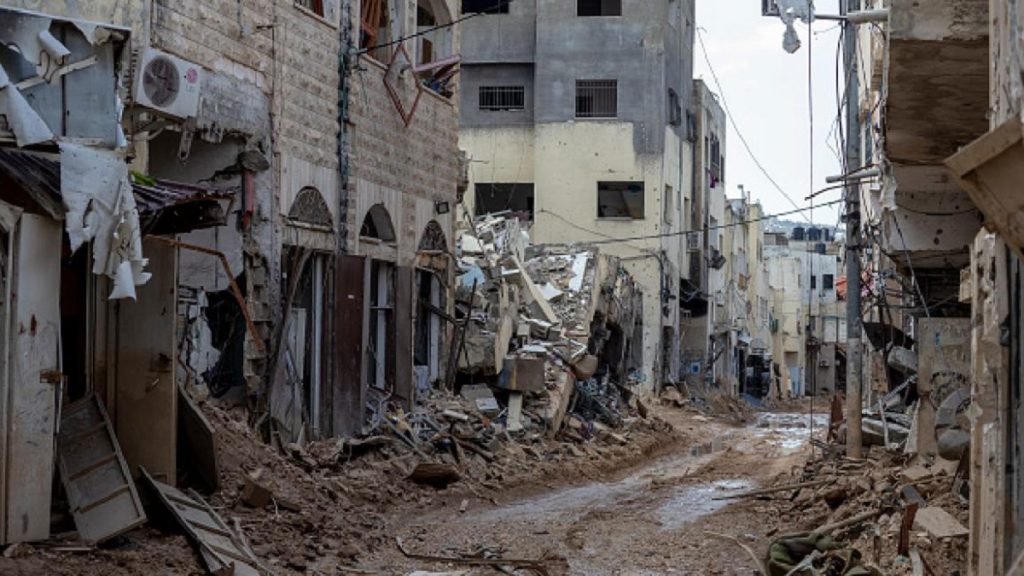
Popular Committees Reject Tent Shelters
Previously, the Jenin Popular Committee had strongly rejected the idea of shelter centers composed of tents, which was the initial concept announced two weeks ago. In a statement, they said: “We affirm that we are not part of this proposal, which does not represent a genuine national solution to the crisis of temporary housing for our displaced people. It does not uphold their national and human dignity or strengthen their resilience in the face of Israel’s plans to depopulate the camps.”
The popular committees in Jenin and Tulkarm have called on the Palestinian government to “take national, religious, and moral responsibility for citizens enduring a real catastrophe, left to face their fate with little to no government support.”
The Refugee Affairs Department of the PLO had earlier warned of intensifying attacks on refugee camps in Gaza and the West Bank, including occupied Jerusalem. These attacks coincide with Israeli efforts to undermine UNRWA, the UN agency for Palestinian refugees, in defiance of UN Resolution 302.
The department confirmed that camps in the northern West Bank face dire and dangerous conditions, with scenes of destruction and forced displacement resembling those seen in Gaza now recurring in the West Bank.
Ahmed Abu Holy, member of the PLO Executive Committee and head of the Refugee Affairs Department, gave a partial estimate of the destruction: “Damage in the West Bank camps has reached unprecedented levels due to 935 incursions since October 7, 2023, resulting in over 400 martyrs—mostly children—more than 1,250 injured, 2,368 arrests, and the destruction of over 800 housing units.”

